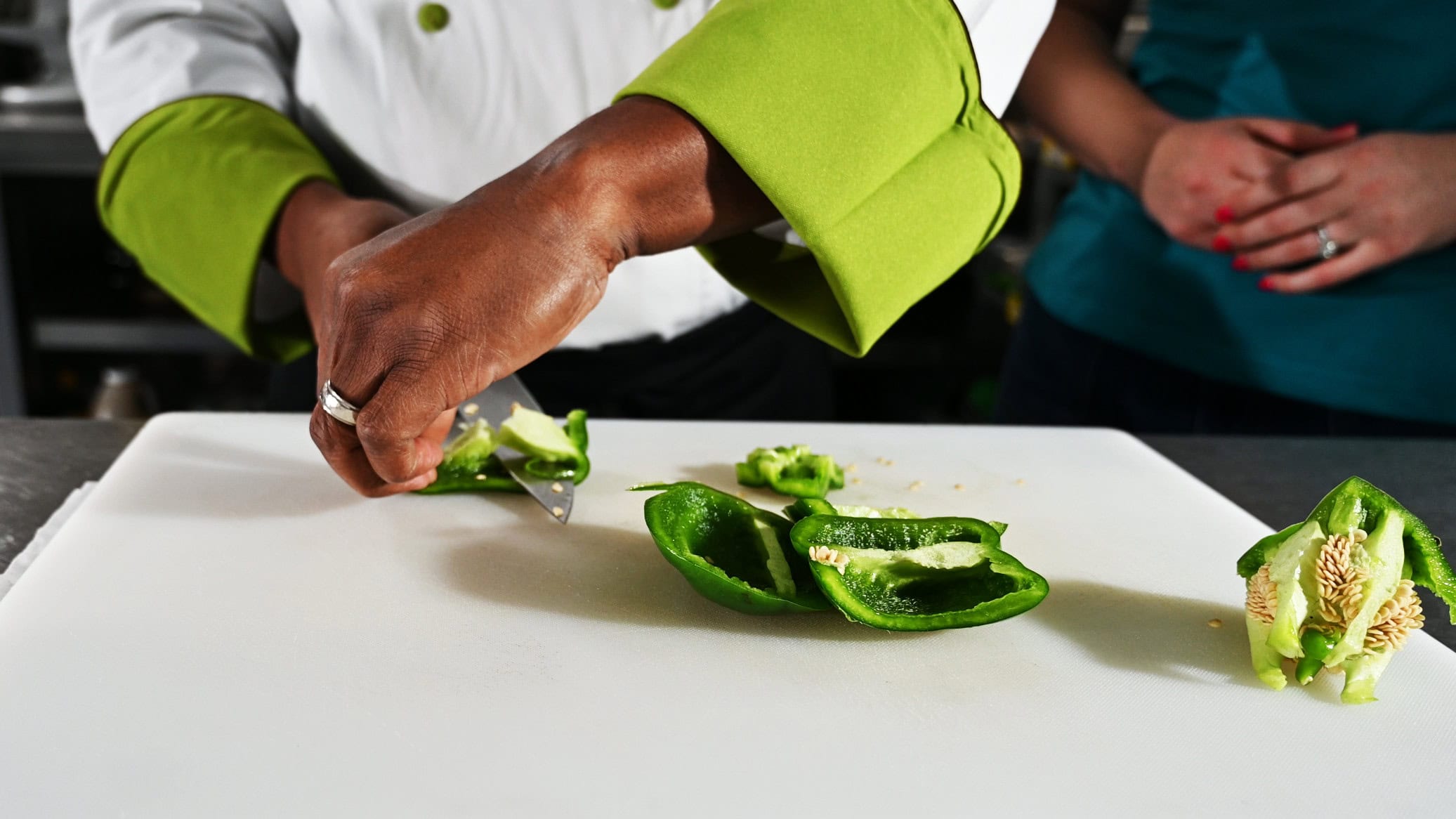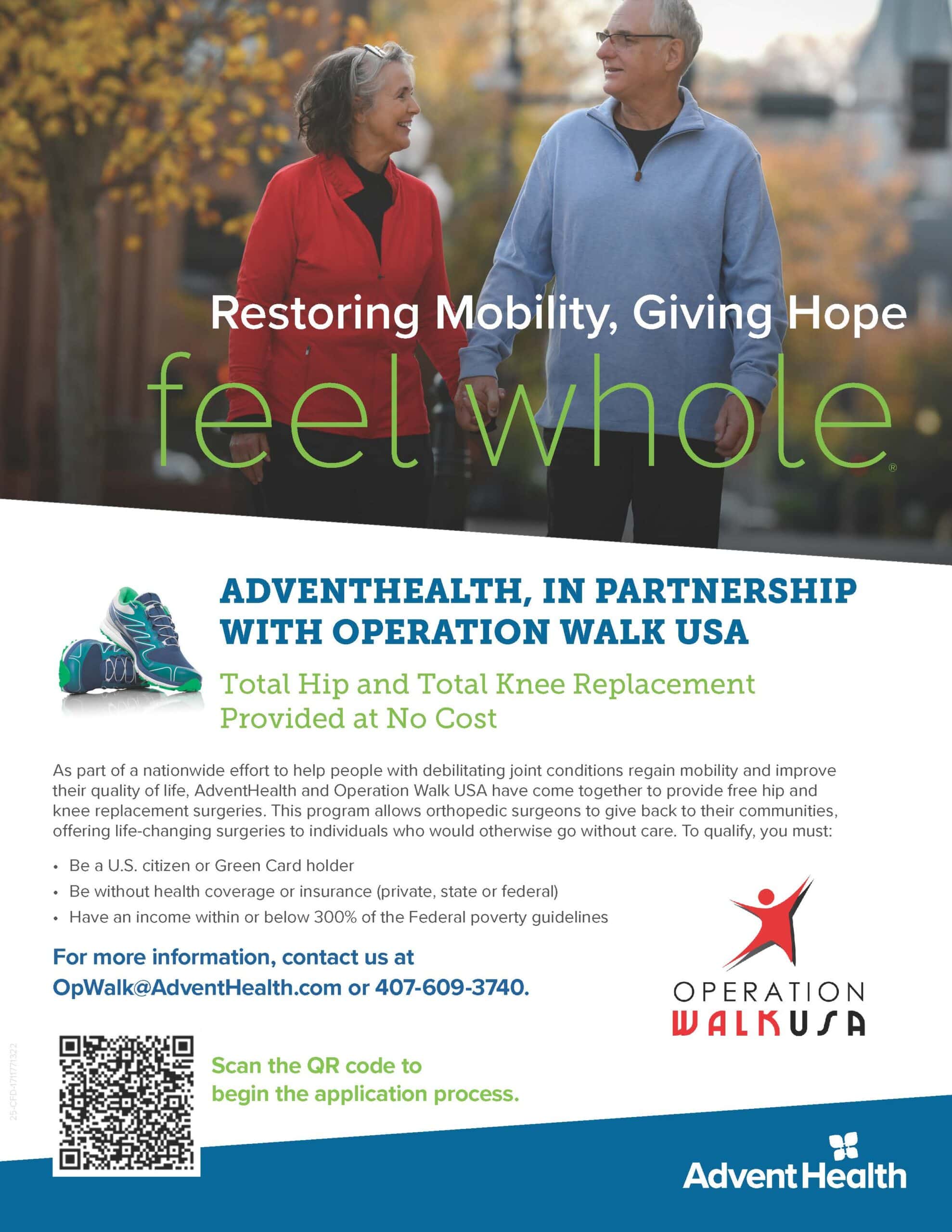Mindfully Aware

Mindfully Aware
By: Christine Karper, Ph.D., LMHC, Cancer Support Community, Integrative Medicine Department & Kirsten Klein, UCF Clinical Psychology Graduate Student Researcher
In the last post, Introduction to Mindfulness, we shared what mindfulness is, and what it isn’t. But why should you care? The short answer? Stress.
Stress affects everyone. But unfortunately, it also plays a major role in illness.
According to the Centers for Disease Control and Prevention, up to 90% of doctor visits in the U.S. may be stress related.
Mindfulness is an antidote to stress, just as aspirin can counter a headache. Regularly engaging in mindfulness can be a major boost to your health. Mindfulness practice asks you, in this current moment, what are you aware of? Mindfulness practice requires you to engage in your senses vs. your cognitions or thoughts. Throughout the day, there are a million things on our mind. This constant stream of thought can cause us to ignore our daily surroundings. It can also cause us to ignore our reactions to stress. Mindfulness forces you to check out of the hamster wheel in our minds and become aware of our environment through your senses. This slowing down gives your body and mind time it needs to get in sync.
Here’s an activity that you can use to practice your awareness skills!

Find a smooth stone and hold it in your hands. Switch from your cognitive (thoughts) to sensory. Focus your awareness on the stone you hold. What texture does it have? It is smooth all over or are some parts bumpy? What size is it? Does it fit comfortably in the palm of your hand? What does it smell like? Does it smell like the earth? How heavy does it feel? What color is it? What stands out about what it looks like? By immersing yourself in complete awareness of the stone, you automatically switch off the thought cycle in your mind and move to a sensory experience which brings your awareness to the present moment. This is mindfulness.
You can do this with any object or in any environment. One of the great things about mindfulness is that you can find what works for you and incorporate it into your daily routine. Find something pleasant in your present environment that you can fully immerse yourself in through your senses. Use your sense of smell, touch, taste, hearing or sight- or a combination of all of these to get the full effect. For other mindfulness activities check out our videos: Mindful Seeing, Grounded Breathing, and Seesaw Breath.
The next blog post will focus on mindful attention. For now, enjoy engaging in mindfulness through your senses and awareness of your present surroundings.


About the Author
Christine Karper, Ph.D., LMHC is from the Integrative Medicine department at the Orlando Health UF Health Cancer Center where she serves as a Licensed Mental Health Counselor and teaches mindfulness-based stress reduction classes along with other integrative practices for well-being. She earned her master’s degree in mental health counseling in 2000 and her doctoral degree in counselor education and supervision in 2003. Along with being a clinician at the cancer hospital, she serves on the graduate faculty panel for 4 universities in the Central Florida community. She has been teaching and practicing mindfulness techniques and other mind, body, spirit approaches for more than two decades.

About the Co-Author
Kirsten Klein, UCF Clinical Psychology Graduate Student Researcher. Kirsten contributed to the research and writing of this blog series.
Share This Story
References
Chopra, D. (2013). 7 Myths of Meditation. Blog Post retrieved from: https://www.huffingtonpost.com/deepak-chopra/meditation-myths_b_2823629.html
Gotter, A. (2018). What is the 4-7-8- breathing technique? Retrieved from: https://www.healthline.com/health/4-7-8-breathing
Kabat-Zinn, J. (2013). Full Catastrophe Living: Using the Wisdom of Your Body and Mind to Face Stress, Pain, and Illness. Second Edition, Revised and Updated. Published by Bantam/Random House.
Linden, W., Lenz, J. W., & Con, A. H. (2001). Individualized stress management for primary hypertension: A controlled trial. Archives of Internal Medicine, 161, 1071–1080.
UMASS Medical School Website History of MBSR. Retrieved from: https://www.umassmed.edu/cfm/mindfulness-based-programs/mbsr-courses/about-mbsr/history-of-mbsr/
Share this Post
Never Miss an Update
you might also like
There is nothing worse than a toothache, am I right?? Oral health is very important for overall health and wellbeing, at every age!













